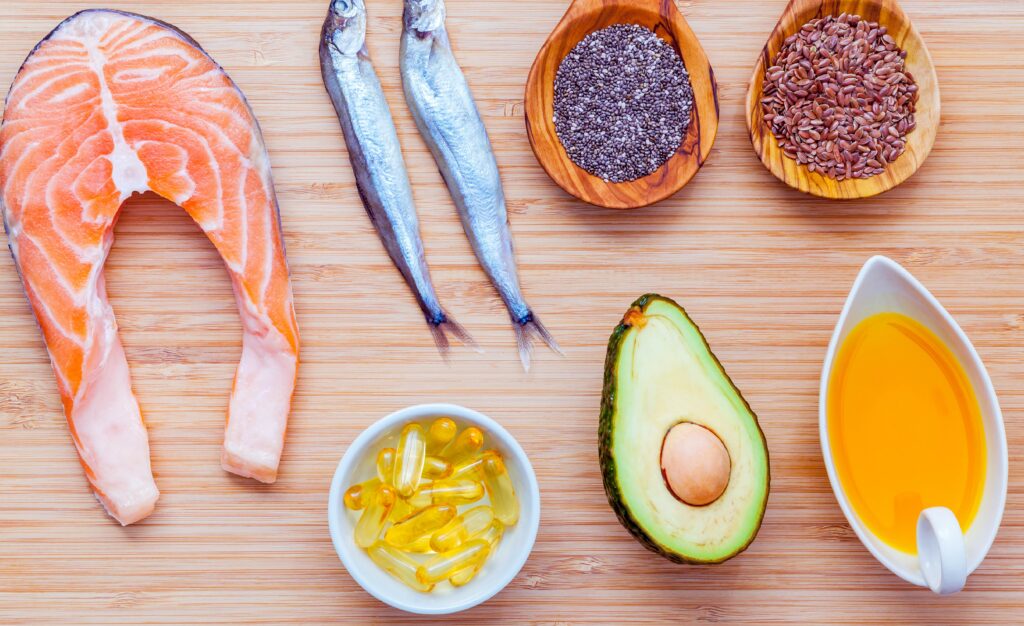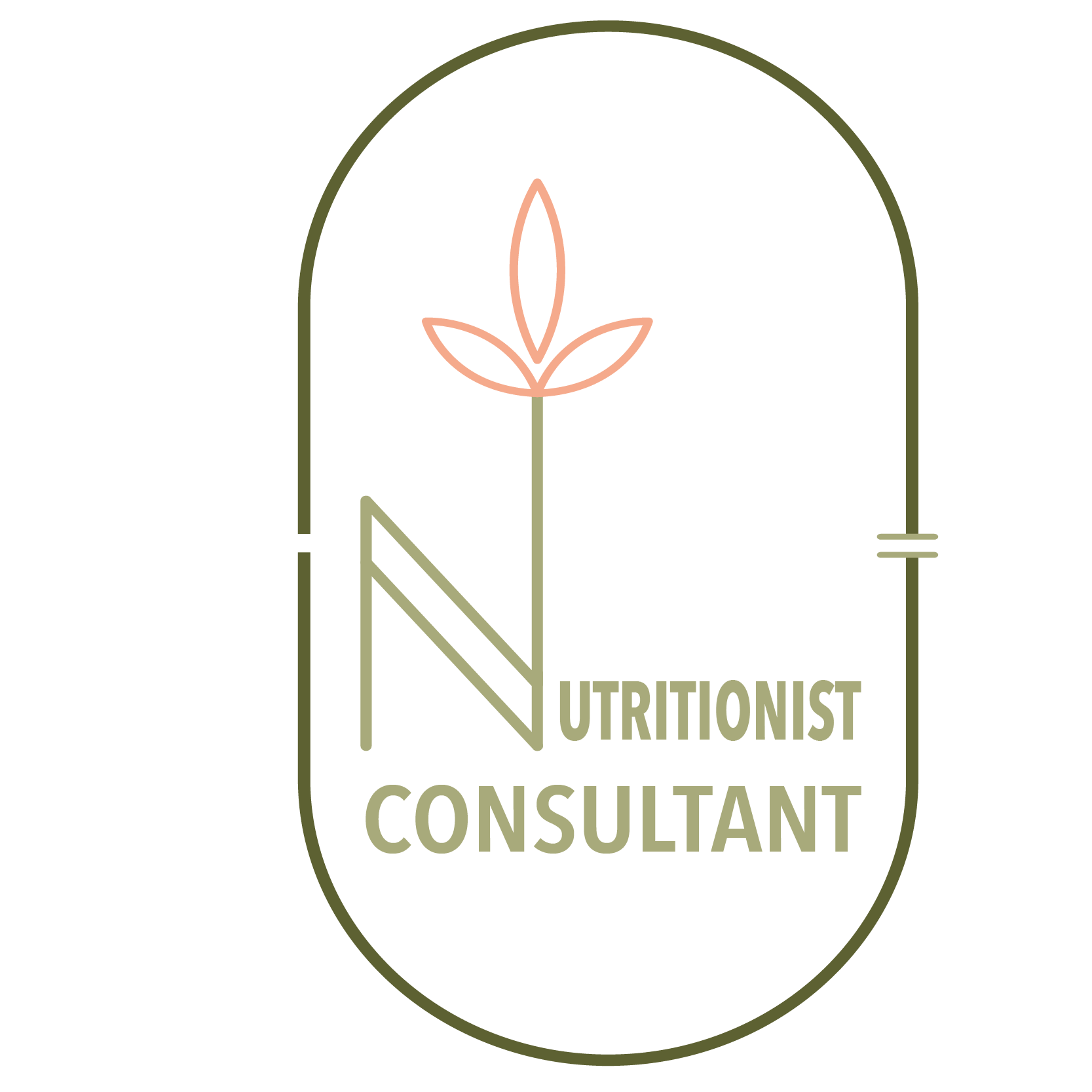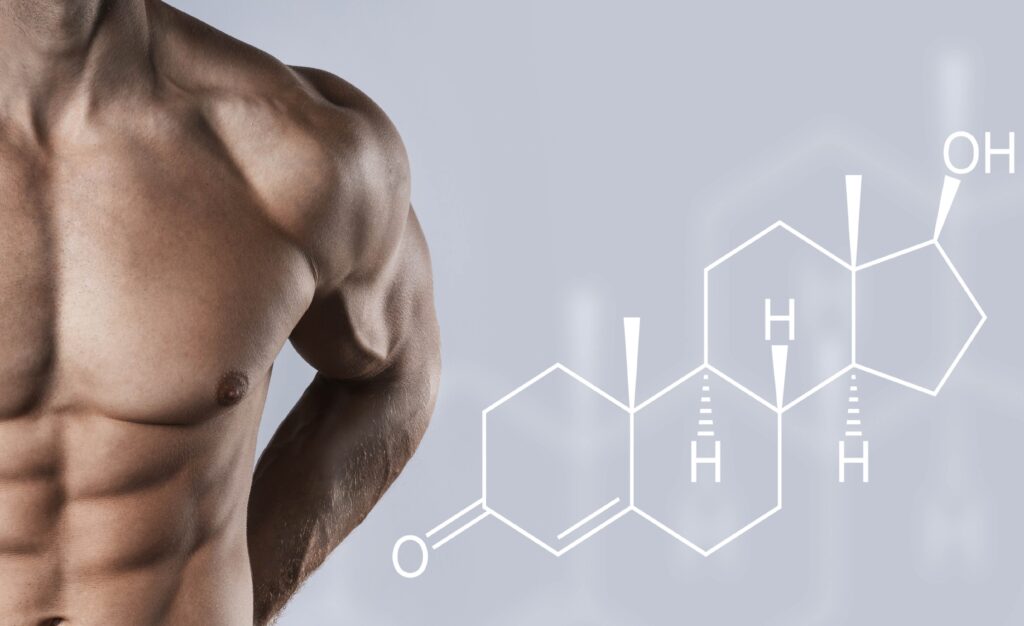Testosterone, often associated with masculinity, plays a crucial role in both men and women’s health. Beyond its role in reproductive function, testosterone influences muscle mass, bone density, mood, and energy levels. While genetics and lifestyle factors contribute to testosterone levels, nutrition plays a pivotal role in optimizing this hormone. Let’s delve into the intricate relationship between nutrition and testosterone and explore how you can naturally boost your levels through dietary choices.
Understanding Testosterone
Before we dive into nutrition, let’s grasp the basics of testosterone. Produced primarily in the testes in men and ovaries in women, testosterone belongs to a class of hormones called androgens. In men, testosterone levels typically peak during adolescence and early adulthood, gradually declining with age. Women produce testosterone in smaller amounts, primarily from the ovaries and adrenal glands.
Testosterone’s effects extend far beyond its reproductive functions. It influences muscle mass and strength, bone density, fat distribution, red blood cell production, and even cognitive function. Optimal testosterone levels are crucial for overall health and well-being.
Nutritional Strategies to Boost Testosterone
Balanced Macronutrients: Ensure your diet provides an adequate balance of macronutrients—protein, carbohydrates, and fats. Protein, in particular, supports testosterone production, so include lean sources such as poultry, fish, tofu, and legumes in your meals. Healthy fats from sources like avocados, nuts, seeds, and olive oil are also beneficial for hormone synthesis.
Essential Micronutrients: Several vitamins and minerals play key roles in testosterone synthesis. Zinc, for example, is essential for testosterone production and is abundant in foods like oysters, beef, pumpkin seeds, and lentils. Vitamin D, often dubbed the “sunshine vitamin,” is critical for testosterone levels; sources include fatty fish, fortified foods, and sunlight exposure. Additionally, vitamin A, vitamin K2, magnesium, and selenium are also important for hormonal balance.
Omega-3 Fatty Acids: Incorporate omega-3 fatty acids into your diet to support testosterone levels and overall health. Fatty fish like salmon, mackerel, and sardines are excellent sources of omega-3s. Plant-based options include flaxseeds, chia seeds, and walnuts.

Avoid Excessive Alcohol: While moderate alcohol consumption may not significantly impact testosterone levels, excessive intake can suppress its production. Limit alcohol consumption and prioritize hydration with water or herbal teas.
Mindful Carb Consumption: While carbohydrates are essential for energy and performance, excessive consumption of refined carbohydrates and sugars can lead to insulin resistance, which negatively affects testosterone levels. Opt for complex carbohydrates like whole grains, fruits, vegetables, and legumes to support stable blood sugar levels.
Strength Training and Exercise: In addition to nutrition, incorporating regular strength training and exercise into your routine can help optimize testosterone levels. Compound exercises like squats, deadlifts, and bench presses stimulate muscle growth and hormone production.
Manage Stress: Chronic stress can elevate cortisol levels, which may suppress testosterone production. Practice stress-reducing techniques such as mindfulness, meditation, yoga, or spending time in nature to promote hormonal balance.
Putting It All Together
Achieving and maintaining optimal testosterone levels is a multifaceted endeavor that involves various lifestyle factors, with nutrition playing a central role. By adopting a balanced diet rich in essential nutrients, prioritizing regular exercise, managing stress levels, and practicing healthy lifestyle habits, you can support your body’s natural testosterone production and unlock the benefits of hormonal balance.
Remember, individual needs may vary, so it’s essential to listen to your body, consult with a healthcare professional, and make adjustments based on your unique circumstances. With the right approach, you can harness the power of nutrition to elevate your testosterone levels and enhance your overall health and vitality.

